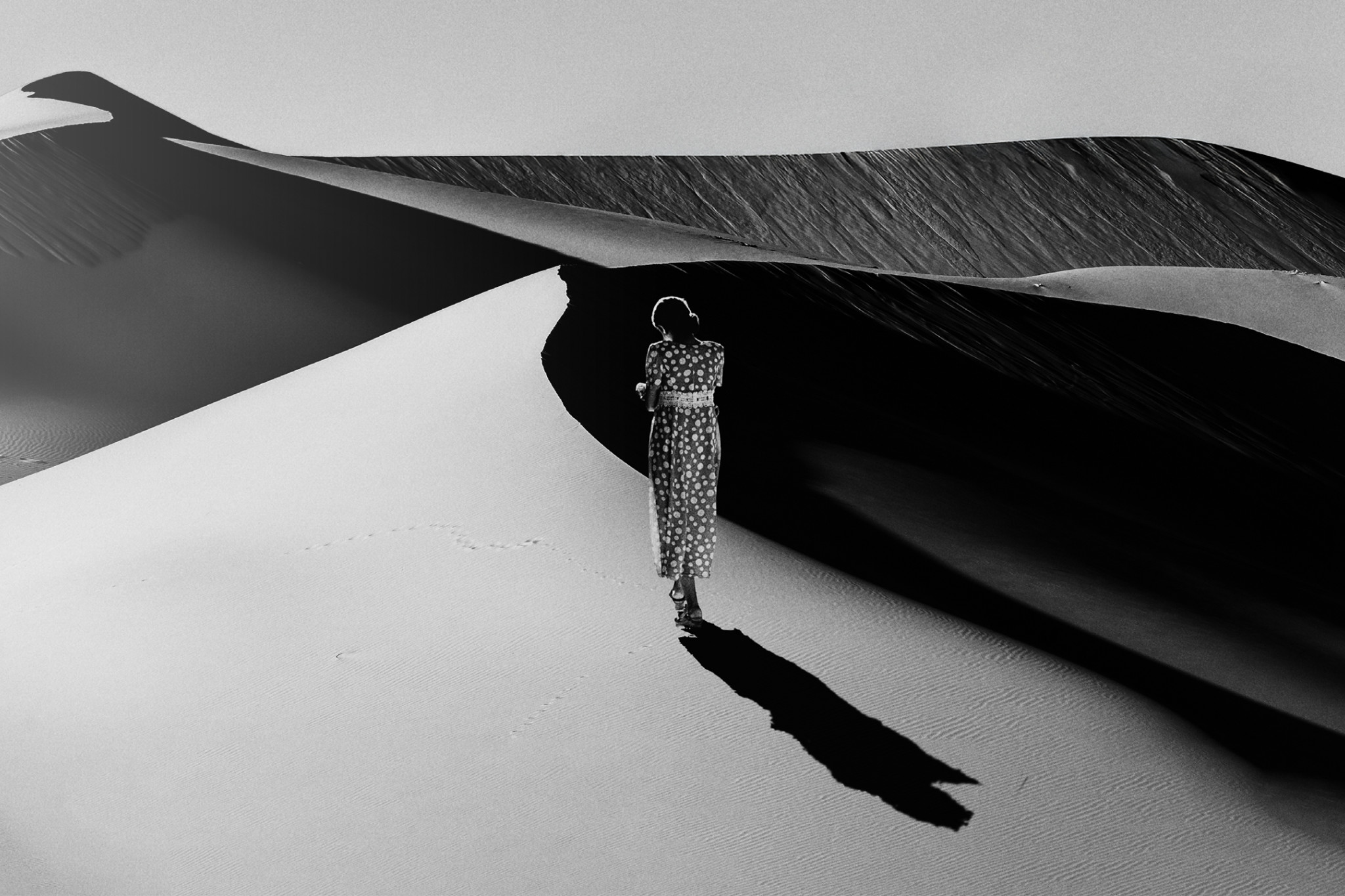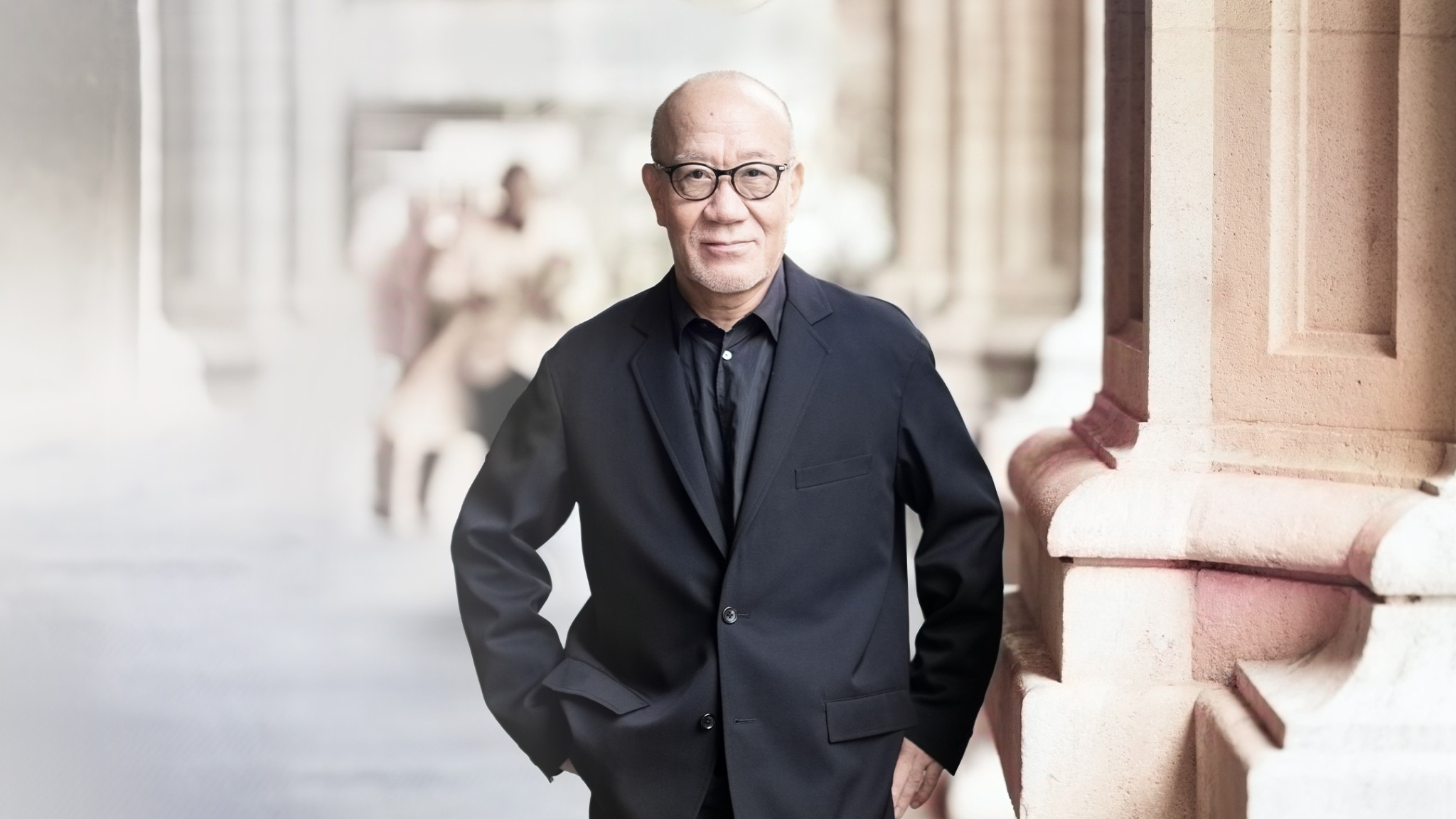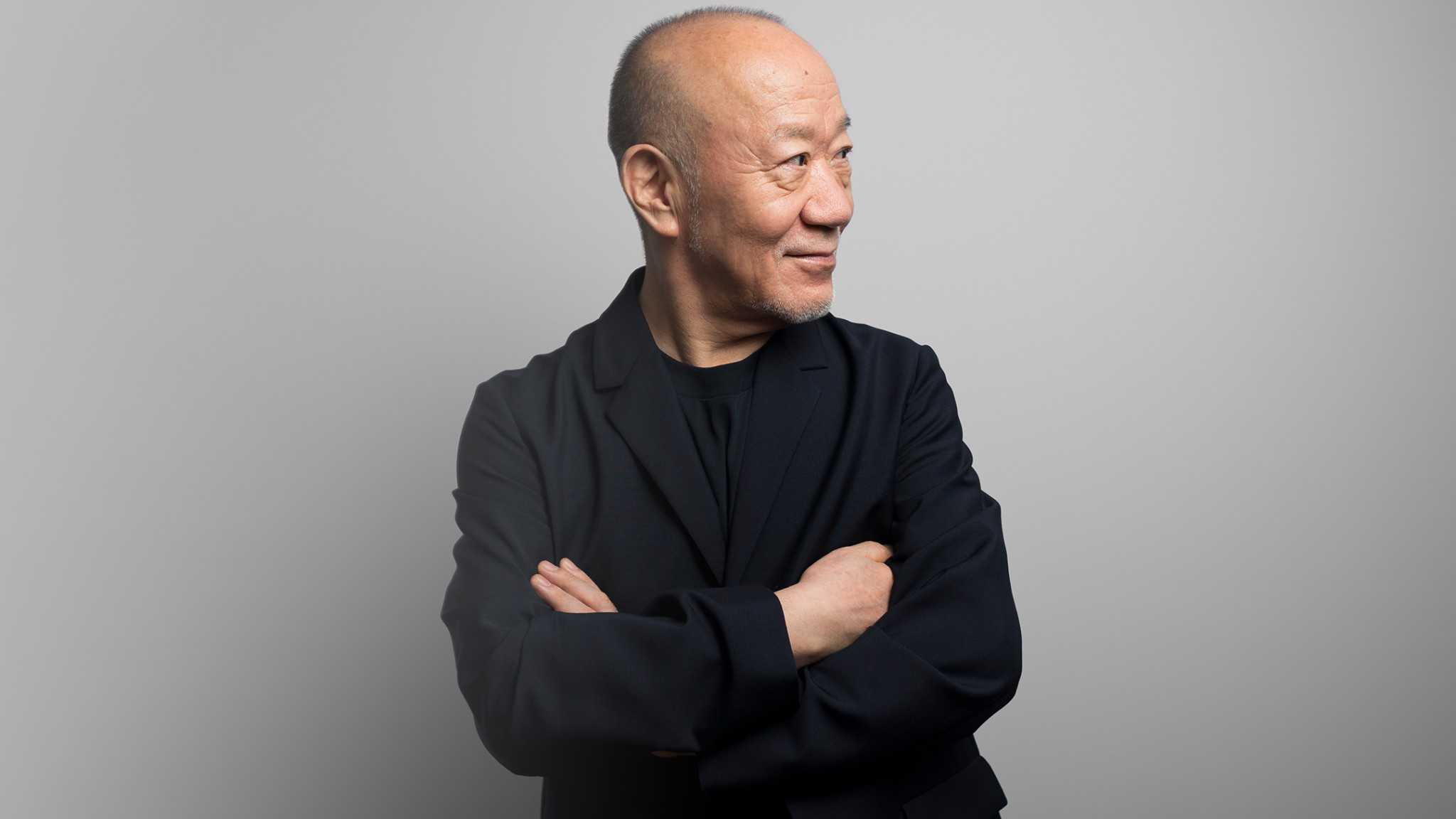Joe Hisaishi announces new album

This new Deutsche Grammophon album captures Hisaishi conducting his own vocal-orchestral suite The End of the World and the Japanese premiere of Steve Reich’s The Desert Music
Recorded live at Suntory Hall last summer, the album features soprano Ella Taylor,
The Philharmonic Chorus of Tokyo and the Future Orchestra Classics
Joe Hisaishi Conducts will be released on 8 August 2025
Joe Hisaishi’s new album for Deutsche Grammophon documents a concert given at Tokyo’s Suntory Hall on 31 July 2024. The programme featured Hisaishi’s own The End of the World and the Japanese premiere of his friend and colleague Steve Reich’s The Desert Music, played by Future Orchestra Classics (FOC) under the baton of the legendary composer-conductor-pianist himself. Established by Hisaishi in 2019 as part of his mission to share his love of classical music with new audiences, the FOC is an orchestra of players praised for their vivid, expressive performances. Hisaishi and the FOC were joined at Suntory Hall by The Philharmonic Chorus of Tokyo and, in The End of the World, by soprano Ella Taylor.
Joe Hisaishi Conducts will be released in all formats on 8 August 2025. “D.e.a.d” (The End of the World) and “A. Slow” (The Desert Music) will be issued for streaming/download on 27 June and 18 July respectively. This is Hisaishi’s third full-length album for DG, with whom he signed an exclusive agreement in 2023. It follows on from the success of A Symphonic Celebration and the EP Mládí, both showcasing Hisaishi’s iconic film music, and last spring’s Joe Hisaishi in Vienna.
Hisaishi composed The End of the World after visiting Ground Zero in New York. “I went there after 9/11,” he recalls. “When I saw the ruins of the World Trade Center, I was inspired to write The End of The World as I wondered to myself what the world would be like in the 21st century.” The resulting three-movement suite for 12 cellos, double bass, harp, percussion and piano was first performed in 2008. Its title was borrowed from another source of inspiration – the 1962 Skeeter Davis hit of that name (music by Arthur Kent, lyrics by Sylvia Dee).
By 2015, Hisaishi had transformed the suite into a five-movement work for solo voice, chorus and orchestra. The original three movements were “Collapse”; “Grace of the St. Paul” (a reference to St. Paul’s Chapel, a sanctuary for emergency workers in the wake of 9/11); and “Beyond the World”. To these he added “D.e.a.d”, reimagined from the orchestral suite DEAD to include a vocal part with lyrics by Hisaishi’s daughter Mai, a singer and lyricist. Now the fourth movement, “Beyond the World” features choral writing incorporated in 2009, with Latin lyrics by the composer himself. Acting as epilogue is his recomposed version of Kent & Dee’s The End of the World.
Steve Reich’s The Desert Music (1982–83) is also in five movements. Written for amplified voices and orchestra, it sets words by American poet and physician William Carlos Williams (1883–1963). Having long admired Williams’ poetry, Reich chose a selection of poems from The Desert Music and Other Poems (1954) and Journey to Love (1955), using extracts from these to form an arch-like work.
The idea of the “desert” has many different associations for Reich. These include his own childhood journeys through the Mojave in California; biblical tales of Moses and the Israelites in Sinai; and the first ever atomic detonation, which took place in New Mexico’s Alamogordo Desert in July 1945.
Just weeks after that test, codenamed Trinity, the Japanese cities of Hiroshima and Nagasaki were struck by nuclear bombs. Reich chose post-war poems that referenced these events, and has said of his own work, “In The Desert Music, the William Carlos Williams poems deal with the atomic bomb, so I had to express a darkness in the music that had not been present in my previous compositions”.
“The Desert Music refers not to a natural environment, but to the desert created in America by the first atomic bomb tests,” adds Hisaishi. “I wouldn’t go so far as to say it was anti-war, but it’s a work about the feelings that weigh on the American psyche about creating that particular ‘desert’.”
“In a way,” he goes on, “both works have themes related to war. This year marks the 80th anniversary of the end of World War Two, so it seems apt that I commemorate this important milestone by performing both The End of the World and Desert Music again at the BBC Proms in August, which is a great privilege.”
Joe Hisaishi – upcoming tour dates:
3/4 Jul – Esplanade, Singapore (Hisaishi, incl. Asian premiere of Harp Concerto and world premiere
of The Boy and the Heron Suite for Piano and Orchestra, Stravinsky, Márquez)
16/17 Jul – Tokyo Dome (Hisaishi)
21/22 Jul – Lotte Concert Hall, Seoul (Hisaishi) · 24/25 Jul – Suntory Hall, Tokyo (Hisaishi)
14 Aug – BBC Proms, Royal Albert Hall, London (Hisaishi, Reich)
23 Aug – Aichi Prefectural Arts Center, Nagoya (Hisaishi, Reich)
25 Aug – Festival Hall, Osaka (Hisaishi, Reich) · 26 Aug – Hyogo Performing Arts Center (Hisaishi, Reich)
27 Aug – Tokyo Opera City Concert Hall, Tokyo (Hisaishi, Reich)



